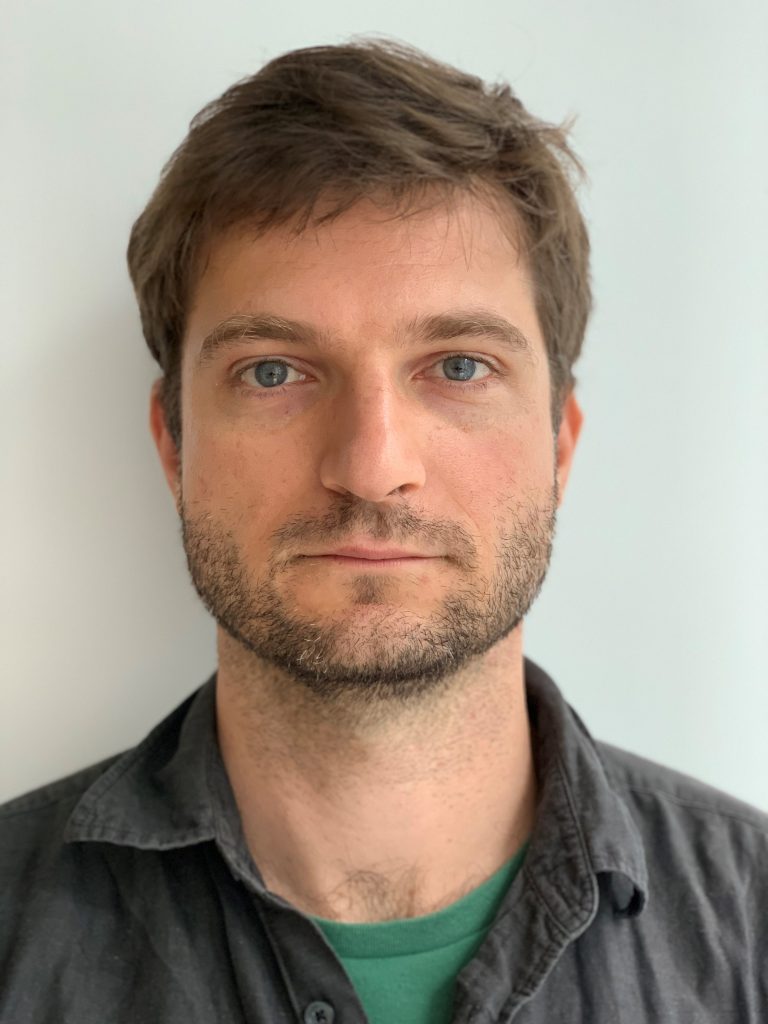Despite mounting evidence of widespread atrocities against Uyghurs in Xinjiang, the Chinese government continues to wage an online campaign to deflect criticism of these policies abroad.
According to a series of New York Times investigations, this campaign includes platform manipulation, outbound censorship, and even leveraging foreign online influencers. Investigative journalists have worked to uncover these hidden networks and how they operate. This work is critical to understanding the Chinese Communist Party’s online strategy and promoting truthful discourse about Xinjiang online.
The Atlantic Council’s Strategic Litigation Project will hold a virtual event on Friday, February 11 at 12:00 PM EST featuring a conversation between Paul Mozur, the award-winning New York Times journalist who has led multiple investigative efforts aimed at exposing China’s online campaigns, and Atlantic Council Nonresident Senior Fellow Rayhan Asat, a Uyghur international human rights lawyer. The conversation will examine the Chinese Communist Party’s aggressive digital authoritarianism and its global ramifications.
Featuring

Paul Mozur
Correspondent, New York Times
Paul Mozur is a correspondent focused on technology and geopolitics in Asia. He was part of a team that won the 2021 Pulitzer Prize in public service for coverage of the coronavirus pandemic. He has covered the global spread of disinformation online, the rise of new censorship and surveillance technologies, China’s innovation boom and the emerging tech competition between China and the United States. In addition to winning the 2021 Pulitzer, he was twice a part of teams that were named as finalists for the Pulitzer Prize: in 2020 for coverage of China’s efforts to repress millions of Muslims through camps and surveillance, and in 2019 for reporting that examined how Facebook allowed the spread of misinformation across its platform. His other honors include the Edward R. Murrow Award, the Gerald Loeb Award, the George Polk Award and the Bob Considine Award from the Overseas Press Club of America. He co-produced a short documentary, “Made in China, Exported to the World: The Surveillance State,” which was nominated for an Emmy. He began working for the New York Times in 2014 and has covered Asia since 2007. A Mandarin speaker, he previously worked for the Wall Street Journal, The Standard and The Far Eastern Economic Review. Paul grew up in Pennsylvania and graduated from Dartmouth College.

Follow the conversation on Twitter with @ACMideast and @AtlanticCouncil